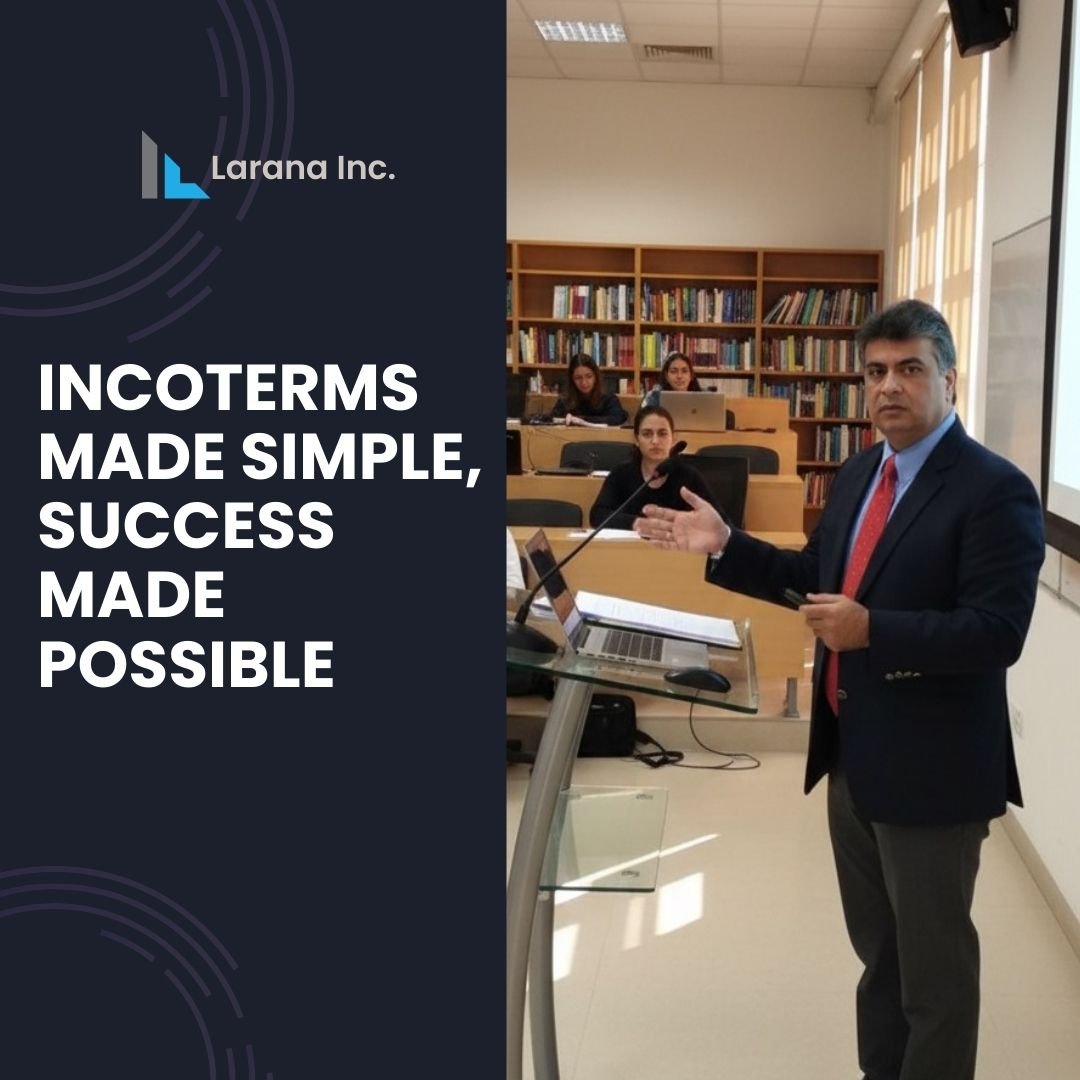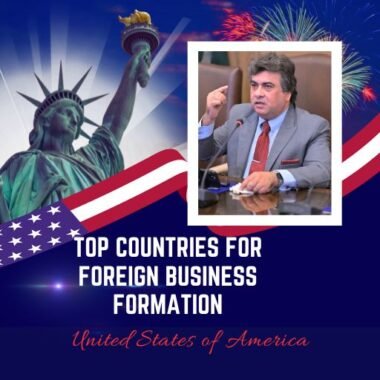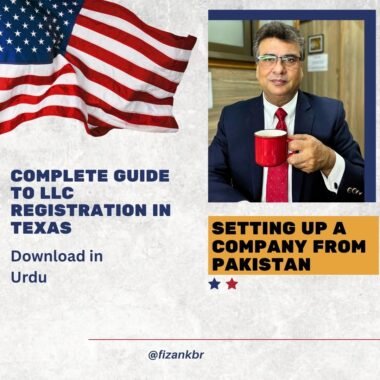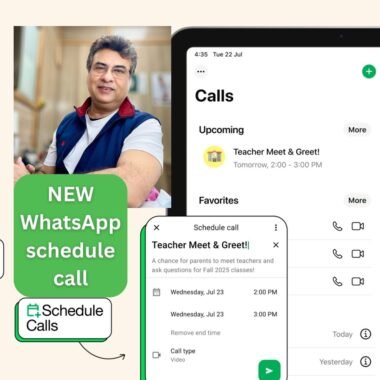A Complete Guide for Entrepreneurs and Export Students
Incoterms are international trade rules used by buyers and sellers all over the world.
The full name is International Commercial Terms.
In simple words:
When you send goods abroad, the big question is — who will pay for transport, customs, and taxes? And if something goes wrong (damage, loss), who will take responsibility?
Incoterms answer these questions.
Why Are Incoterms Important?
- They remove confusion between buyer and seller.
- Both sides know clearly what their responsibility is.
- They prevent disputes and extra costs.
The Main Incoterms Explained
1. EXW (Ex Works)
The seller only provides the goods at their factory or warehouse.
After that, the buyer pays for transport, customs, and all other costs.
Here, the buyer has the most responsibility.
2. FOB (Free on Board)
The seller delivers the goods onto the ship at the port.
After that, the buyer pays for everything.
This is the most common term used in Pakistan.
3. CIF (Cost, Insurance and Freight)
The seller delivers the goods on the ship, and also pays for insurance and freight charges.
The buyer only pays customs and costs in their own country.
4. DDP (Delivered Duty Paid)
This is the easiest for the buyer.
The seller is responsible for everything — transport, customs, taxes, and delivery to the buyer’s door.
Here, the seller has the most responsibility.
5. FCA (Free Carrier)
The seller delivers the goods to a set place (like a customs office or logistics warehouse).
After that, the buyer pays for transport and takes the risk.
Which Incoterm Should You Choose?
It depends on the agreement between buyer and seller:
- If you are a new exporter, FOB or CIF are usually the safest.
- If you want to finish your responsibility quickly, choose EXW.
- If you want to give full service to the buyer, use DDP (but it is costly and risky for the seller).
Summary
- Incoterms are global rules in export and import.
- They define who pays the cost, who handles customs, and who takes the risk.
- The most common ones are FOB, CIF, and EXW.
- Every exporter must learn them to avoid mistakes in deals.
My Message for Students
Global trade is not just about making a product. Real success comes when you also understand the rules of business. Incoterms are the foundation of international trade. If you understand them, you will make clear deals and win trust in the world market.
🚢 Incoterms for Any Mode of Transport (Road, Air, Sea, Rail, Courier)
- EXW – Ex Works
Seller makes goods available at their premises. Buyer arranges everything else. - FCA – Free Carrier
Seller delivers goods to the carrier chosen by the buyer. - CPT – Carriage Paid To
Seller pays for transport to a named destination, but risk transfers once handed to carrier. - CIP – Carriage and Insurance Paid To
Same as CPT, but seller also pays for insurance. - DAP – Delivered At Place
Seller delivers goods at buyer’s country/place (not unloaded). - DPU – Delivered at Place Unloaded (new in 2020, replaced DAT)
Seller delivers and unloads goods at buyer’s place. - DDP – Delivered Duty Paid
Seller takes all responsibility — delivers goods to buyer’s place with customs and duties paid.
⚓ Incoterms for Sea and Inland Waterway Transport Only
- FAS – Free Alongside Ship
Seller delivers goods alongside the ship at port. Buyer loads them. - FOB – Free On Board
Seller loads goods on board the ship. Risk transfers at loading. - CFR – Cost and Freight
Seller pays transport to destination port. Buyer takes risk after loading. - CIF – Cost, Insurance and Freight
Same as CFR, but seller also pays insurance.
— Fizan Akbar
Managing Partner, Bristal Enterprises
Chairman SME/Training Committee – Sialkot Chamber of Commerce & Industry











Very nice